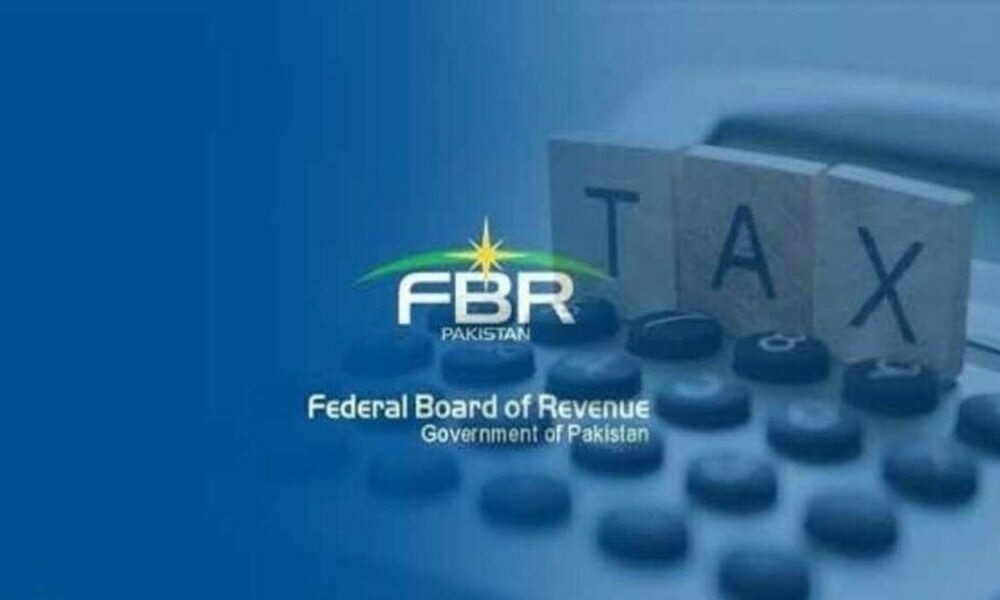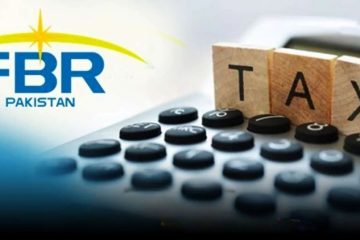Digital banking in Pakistan offers ease, but what about taxes? Understand FBR scrutiny, compliance & hidden costs.
Digital banking has revolutionized financial transactions in Pakistan, offering unparalleled convenience and accessibility. From paying bills and transferring funds to managing business finances, digital platforms have become indispensable for a growing segment of the population. But this ease of use comes with a critical element often overlooked – tax implications. As Pakistan increasingly embraces digital financial services, it’s crucial to understand how these transactions are viewed by the Federal Board of Revenue (FBR) and what it means for your tax obligations.
Digital banking is not a novel concept in Pakistan. For years, individuals and businesses have leveraged online platforms and mobile apps to conduct financial activities. The advantages are undeniable: transact from the comfort of your home or office, bypass traditional banking hours, and execute payments with just a few clicks on your laptop or smartphone. No more queues, no more reliance on physical cheques, and no geographical limitations – digital banking has streamlined financial management in countless ways.
However, this digital revolution is not operating in a regulatory vacuum. The FBR, Pakistan’s tax authority, has been keenly observing the surge in digital financial activity. In recent years, and particularly emphasized this year, the FBR has integrated banking transactions into its digital tax system, the IRIS portal. This means every digital banking transaction, especially credit entries – the money coming into your account – is now readily visible to the tax authorities.
The Taxman is Watching: Why Digital Banking Transactions Matter to the FBR
The FBR’s increased focus on digital banking stems from its mandate to broaden the tax base and ensure tax compliance. Digital transactions leave a clear trail, making it easier for the FBR to monitor financial activity and identify potential tax liabilities. This is particularly relevant for businesses and individuals engaged in commercial activities.
The crucial point to grasp is that your digital banking activity is no longer just about convenience; it’s also about tax accountability. Here’s what you need to be aware of:
- Credit Entries are Key: The FBR is particularly interested in the money flowing into your accounts – the credit entries. These are considered potential indicators of income and business turnover.
- Sales Tax Implications: If your digital transactions are related to business activities involving goods or services subject to sales tax, you are likely liable for sales tax, currently at 18%. This is a significant amount, and overlooking it can lead to substantial tax liabilities. Remember, the FBR has explicitly categorized online marketplaces as “real marketplaces,” meaning online sellers are firmly within the sales tax net for applicable products.
- Income Tax Considerations: Beyond sales tax, your digital banking transactions contribute to your overall income. This income is subject to income tax as per the prevailing tax laws of Pakistan.
- Registration is Crucial: Engaging in business through digital banking necessitates tax registration. This includes obtaining an ATN (Active Taxpayer Number) and registering for sales tax and provincial taxes as applicable to your business sector and location.
The Awareness Gap: A Recipe for Tax Troubles
Despite the FBR’s increased scrutiny and the clear tax implications, a significant awareness gap persists. Many individuals and businesses using digital banking are not fully informed about their tax responsibilities. Excessive or frequent use of digital banking for business purposes without proper tax planning and registration can lead to unexpected tax demands and penalties.
Imagine a small online business owner diligently receiving payments through digital channels, unaware of the 18% sales tax applicable to their products. Suddenly, they are confronted with a significant tax liability they were unprepared for, simply because they didn’t realize their digital convenience came with tax obligations.
Navigating the Digital Banking Tax Landscape: Key Takeaways
To navigate the intersection of digital banking and taxation effectively, remember these crucial points:
- Tax Awareness is Paramount: Educate yourself about the tax implications of your digital banking transactions, especially if you are engaged in business.
- Register Your Business: If you are conducting business, obtain the necessary tax registrations (ATN, sales tax, provincial taxes).
- Maintain Records: Keep meticulous records of all your digital banking transactions, both inflows and outflows, to accurately reconcile your income and expenses for tax purposes.
- Seek Professional Advice: Consult with a tax advisor to understand your specific tax obligations and ensure compliance, especially if you are unsure about the tax implications of your digital banking activities.
Security Concerns: An Important Side Note
While taxation is a significant aspect, it’s also vital to remain vigilant about the security risks associated with digital banking. As the provided text highlights, fraud and scams are real threats. Protect your digital banking credentials, be wary of unsolicited calls or messages asking for sensitive information, and practice safe digital habits to safeguard your finances.
Embrace Digital Convenience Responsibly
Digital banking offers immense benefits, making financial transactions faster, easier, and more accessible than ever before. However, it’s crucial to approach this convenience with responsibility and awareness. Understanding the tax implications of your digital banking activity is no longer optional; it’s essential for compliance and financial well-being in Pakistan’s evolving digital economy. As the FBR’s digital eye becomes sharper, proactive tax planning and compliance are the keys to enjoying the advantages of digital banking without unwelcome tax surprises.




